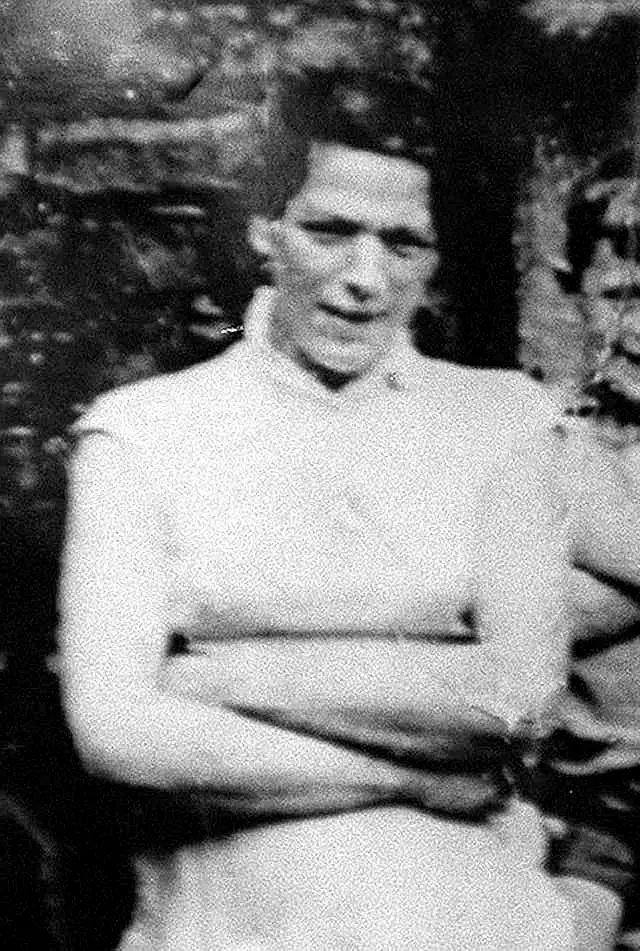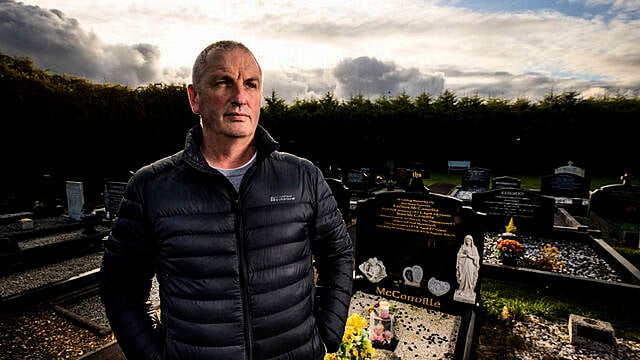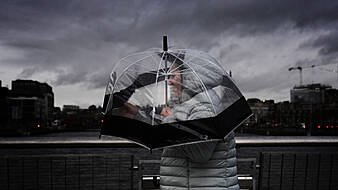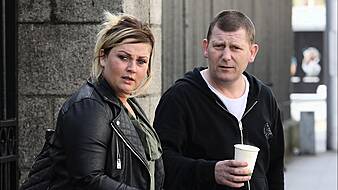The son of a woman murdered and secretly buried by the IRA has called the portrayal of her death in a new drama series “cruel”.
Michael McConville, who was a child in 1972 when his mother Jean was abducted from their west Belfast home, said her death is “not entertainment” but his and his family’s reality for the last 52 years.
Mrs McConville is known as one of the Disappeared, a group of 17 people who were abducted, killed and secretly buried by republican paramilitaries during the Troubles.
Her remains were finally found in 2013 at Shelling Hill Beach in Co Louth by the Independent Commission for the Location of Victims’ Remains (ICLVR).

No one has ever been prosecuted over her death which left 10 children orphaned.
Mrs McConville’s last moments are part of the Say Nothing series on Disney+ based on a book by Patrick Radden Keefe which also focuses on the life of now deceased republican Dolours Price.
Mr McConville said people do not realise how hurtful it is for his family for his mother’s murder to be featured in a drama series, particularly approaching the anniversary of her death on December 1st.
He said he has not watched the series and does not intend to.
“Disney is renowned for entertainment, my mother’s death is not ‘entertainment’ for me and my family,” he said in a statement on Wednesday evening.
“This is our reality, every day for 52 years.
“And although we live with it every single day and it never goes away, the timing of this is particularly bad given that it is my mother’s anniversary on December 1.”
“I just don’t think people realise how hurtful this is.”
He added: “The portrayal of the execution and secret burial of my mother is horrendous and unless you have lived through it, you will never understand just how cruel it is.
“Everyone knows the story of Jean McConville, even Hillary Clinton who I met a few years ago knew my mother’s story.
“And yet here is another telling of it that I and my family have to endure.
“Eventually, this series will be forgotten and the people who made it will have moved on to something else.
“They can do that, I can’t.”







